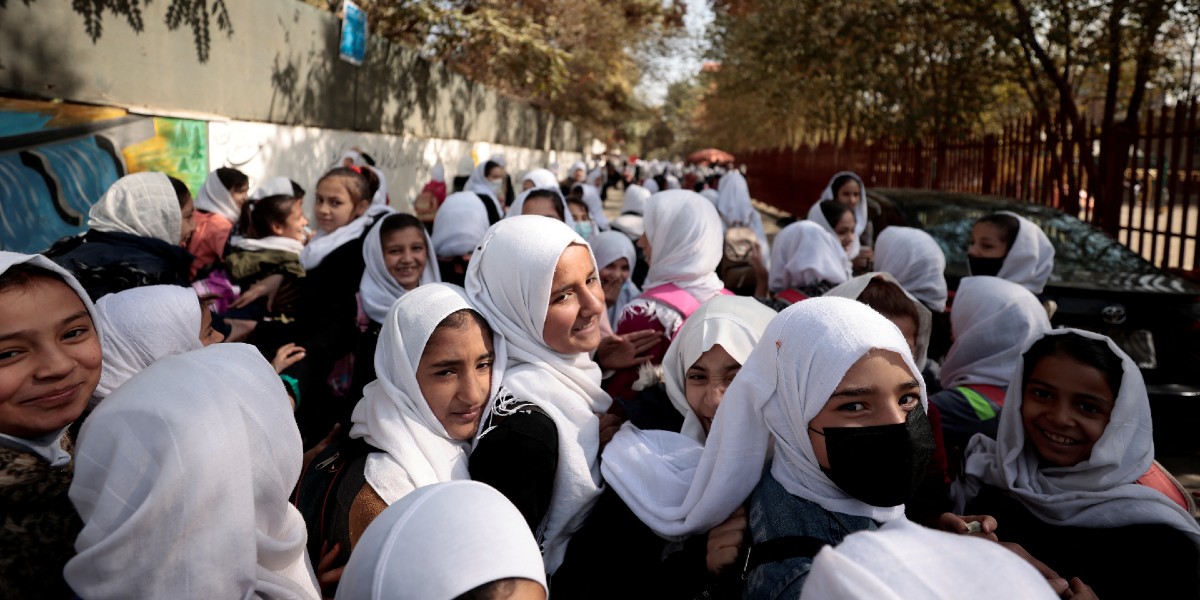Thursday, June 13, marks a somber milestone: 1,000 days since the ban on girls attending secondary schools in Afghanistan was announced, UNICEF said in a statement.
The 1,000-day school ban translates to three billion hours of lost learning, according to the organization.
“For 1.5 million girls, this systematic exclusion is not only a blatant violation of their right to education but also leads to dwindling opportunities and deteriorating mental health,” UNICEF said.
“The rights of children, especially girls, cannot be held hostage to politics. Their lives, futures, hopes, and dreams are hanging in the balance,” the organization emphasized.
UNICEF highlighted that the impact of the ban extends beyond the affected girls. “It exacerbates the ongoing humanitarian crisis and has serious ramifications for Afghanistan’s economy and development trajectory,” the statement said.
“Education doesn’t just provide opportunities. It protects girls from early marriage, malnutrition, and other health problems, and bolsters their resilience to disasters like the floods, droughts, and earthquakes that frequently plague Afghanistan,” UNICEF noted.
UNICEF reported efforts to support all children in Afghanistan. “Together with partners, we are keeping 2.7 million children in primary education, running community-based education classes for 600,000 children—two-thirds of them girls—training teachers, and doing everything we can to maintain the educational infrastructure,” the organization stated.
“As we mark this grim milestone, I urge the de facto authorities to allow all children to resume learning immediately. And I urge the international community to remain engaged and support these girls who need us more than ever. No country can move forward when half its population is left behind,” UNICEF concluded.





